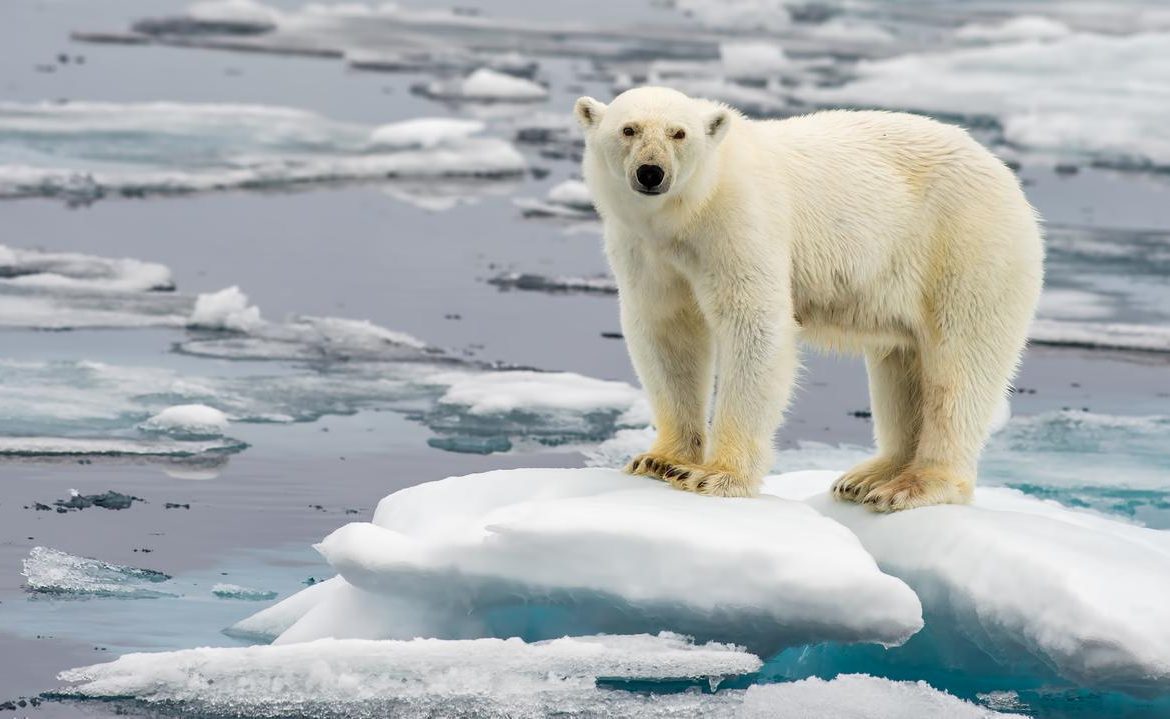Researchers from the University of Lodz decided to check whether there are places in the world where the climate crisis may be less severe for nature. The purpose of their analysis is to locate shelters that ensure the survival of the species.
As scientists from Lodz point out, the current climate changes are much faster than those we know from history. However, some places can act as shelters for types of climate crisis and become shelters for biodiversity. It gives the wild species that live there more time to adapt to the effects of the crisis and ultimately survive.
Such habitats are the subject of research conducted by scientists from the University of Lodz under the direction of Dr. Hub. Marcin Kidrzinski and Dr. Hub. Katarzyna M. Zielińska from the Department of Biogeography, Paleobiology and Nature Conservation at the Faculty of Biology and Environmental Protection.
Species migrations due to climate change have occurred in the past over very long periods of several thousand or several thousand years. The most recent major migrations have been associated with frequent ice ages. Then the heat-loving species moved to southern Europe to the so-called refugee, and when conditions improved, it returned to its former lands. Refugia is a term that has long been used mainly by paleoanthropologists and paleoanthropologists, but today it is acquiring a new meaning – explained Dr. Kiedrzyński.
He added that in light of current climate change, it is very important to predict how refugees will be located in the future, although – as he explained – it is not easy. “The research requires the use of complex mathematical algorithms that help us identify such places,” he explained.
Climate changeAdam Zimenovich / PAP
Protect important sites
The research carried out has a great practical aspect, as it indicates new priorities in the protection of nature, taking into account the perspective of future changes.
– It is important to check whether the indicated spatial areas correspond to existing parks, nature reserves and national parks. If the answer turns out to be no, efforts will have to be made to protect these areas at all costs. It is important not only to indicate these places, but also to create ecological corridors between them – emphasized Dr. Kiedrzyński.
A team from the University of Lodz identifies future refuges, among others, eg lowland forests in Central Europe. Analyzing future biodiversity shelters is particularly challenging in areas with poor terrain, where the effects of climate change are more evenly distributed. The structure of the vegetation cover may be of great importance, for example, the presence of natural forests with a specific microclimate, which mitigates the effects of long-term drought. University of Lodz researchers are looking for such places.
A lot of work
The research uses the tools of biology, geoscience advances, scale modeling, garden experiments, and molecular studies – to better predict the potential impacts of the climate crisis and to identify places that will serve as future havens for biodiversity.
Students and doctoral students in biology, environmental protection, biomonitoring, and environmental biotechnology engage in work. Students participate in activities as part of their master’s theses and science circles, including the Botanical Section of the Student Biology Club and the Student Science Circle for Nature Conservation.
– As part of the research, excursions to the Carpathians and the Alps are organized, but for students, the practical impact of research and the translation of the results into nature protection are also important. Our cooperation with the Botanical Garden in لودód is excellent, as experimental plots have been created for the breeding of plant species that are no longer able to reproduce in natural conditions. We also cooperate with the state forests and the natural park complex in the province of لودód – explained Dr. Kiedrzyński.
The consequences of climate change in EuropeDoor
Main image source: stock struggle

“Music specialist. Pop culture trailblazer. Problem solver. Internet advocate.”







